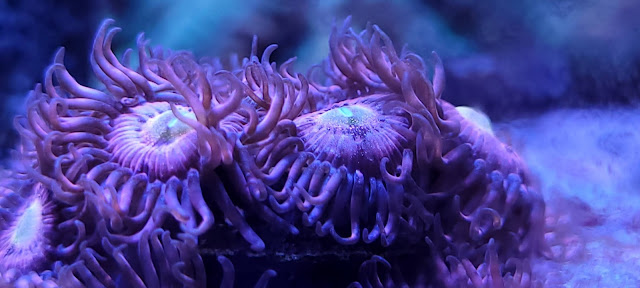Hi friends! I would like to talk about filtration in the reef tank hobby. These are the main three: 1. Mechanical 2. Chemical 3. Biological Mechanical filtration in this hobby is typically a filter sock, sponge, and filter floss . There is also more advance equipment such as roller mats. The idea behind mechanical filtration is to strain matter from the water. So as water flows through a sock, larger particles (typically 100-200 microns) stay inside. It is best to change and wash these every 3-7 days depending on how much is being fed to the tank. Mechanical filtration is typically easy to use, easy to clean and maintain, and very efficient if changed regularly. Chemical filtration is typically GFO (granular ferric oxide) or activated carbon. GFO is used to control phosphates and silicates. This may seem tempting to many new reefers that have an algae outbreak. But chances are this will mask a problem until it "explodes". Carbon, on the other hand, is safe to use. It hel...



